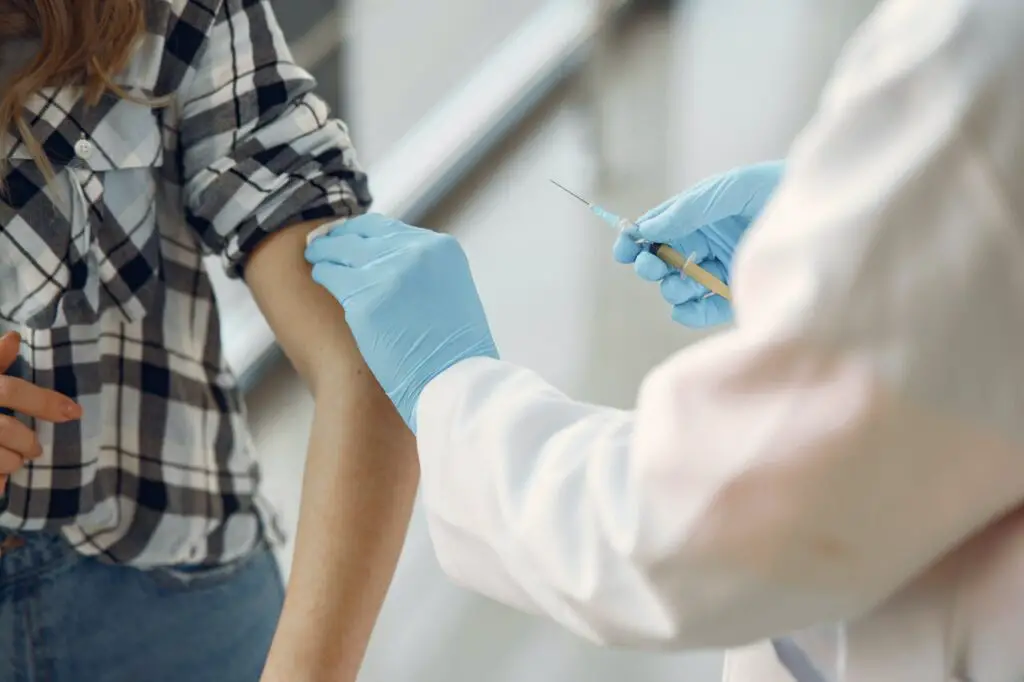Northeastern University began administering the COVID-19 vaccine on Tuesday, one of the first academic institutions to do so. As an official Massachusetts COVID-19 vaccine provider, the school received 200 doses of the Moderna vaccine to be given to selected individuals.
Initial doses have been distributed to approximately 100 frontline workers at the Cabot Testing Center, the Life Sciences Testing Center, and University Health and Counseling Services. Others included in the first batch are first responders and local police.
Northeastern President Joseph Aoun stated, “The whole community came together to ensure that wellness and safety are not negotiable. The vaccine is another manifestation of how we’ve been a pioneering community in terms of safety.”
Selected individuals may receive the vaccine at any of the 10 stations set up at the Cabot Testing Center. All patients will be monitored for 15 minutes after inoculation and the university also has epi-pens at the ready in the event that some exhibit allergic reactions.
Phase One Progression and Phase Two
The university has also outlined 1,500 people from its community to be included in the first phase of vaccinations. Students exposed to the virus by working in clinical positions and direct patient care will be given priority but Northeastern looks to continue this endeavor as soon as more Pfizer and Moderna vaccines are distributed.
“Our hope is to scale up to being able to vaccinate 1,000-plus people per day,” said Christine Civiletto, the interim executive director at UHCS.
As the vaccine requires two doses, the second phase is expected to begin in February. The university will notify those who received their first shot at Northeastern regarding the date and time of their followup dose.
When Northeastern receives more doses, priority will be extended to senior citizens, people with comorbidities, and other essential service workers.

